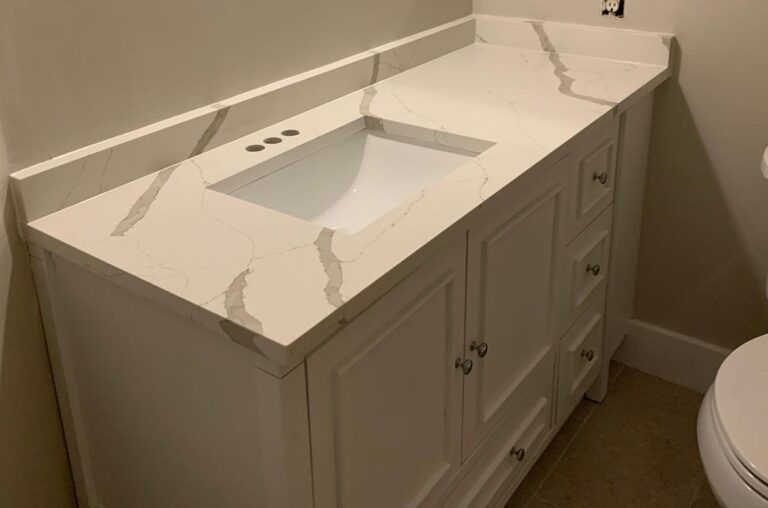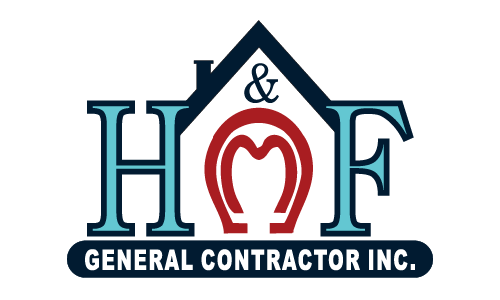
The Ultimate Guide to Choosing the Perfect Countertops for Your Home
Choosing the right countertops for your kitchen or bathroom can significantly impact the overall look and functionality of your space. With so many materials and styles available, it can be overwhelming to make a decision. This ultimate guide will help you navigate the selection process and find the perfect countertops for your home.
1. Understand Your Needs
Before diving into materials, it’s crucial to understand your needs. Consider how you use your kitchen or bathroom. Do you cook frequently? Are you looking for a low-maintenance option? Identifying your priorities will help narrow down your choices.
2. Explore Popular Materials
Here are some popular countertop materials, each with its unique benefits:
Granite: Known for its durability and natural beauty, granite is a popular choice. It’s resistant to heat and scratches, making it ideal for busy kitchens. However, it requires periodic sealing to prevent stains.
Quartz: Engineered from natural stone and resins, quartz countertops offer a non-porous surface that is easy to maintain. They come in a wide range of colors and patterns, providing versatility for any design.
Marble: Renowned for its elegance, marble adds a luxurious touch to any space. However, it is more prone to scratching and staining, making it better suited for low-traffic areas.
3. Consider Style and Design
Your countertops should complement your overall design style. Whether your home is modern, traditional, or rustic, consider how the material, color, and pattern will fit into the existing aesthetic. A bold countertop can serve as a stunning focal point, while a neutral option can create a subtle backdrop for other design elements.
4. Assess Durability and Maintenance
Durability is key when choosing countertops. Consider your lifestyle and how much wear and tear the surfaces will experience. For example, families with young children may benefit from more resilient materials like quartz or granite. Additionally, be mindful of maintenance requirements; some materials need regular sealing, while others are more forgiving.
